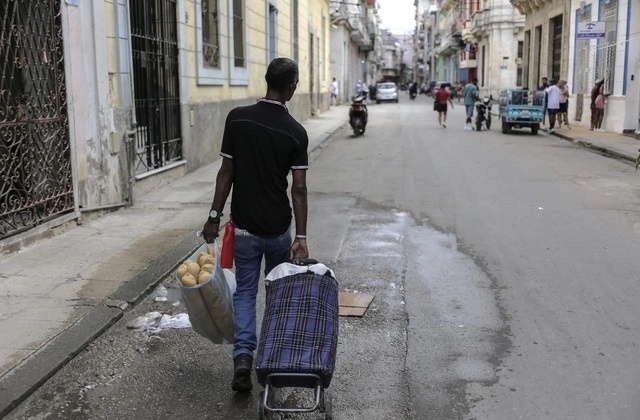Buenos Aires. Greater than 60 p.c of rising and creating economies on the earth have issues of over-indebtedness or a excessive danger of it, particularly as a result of the worldwide public debt is 4 instances greater than it was in 2000, warned Daniela Berdeja, researcher on the Latin American Community for Financial and Social Justice (Latindadd).
Throughout her participation within the Eighth Worldwide Convention on Illicit Monetary Flows, A number of Crises and International Fiscal Governance, the researcher defined that a big a part of the debt issues are on account of curiosity costs as a result of major spending itself – allotted to public coverage, companies and infrastructure – has both fallen or remained steady.
He added that, in accordance with worldwide analyses, 3.3 billion folks stay in international locations that pay extra in debt curiosity than in well being or schooling. And in Latin America and the Caribbean alone – a area characterised by inequality – 80 p.c of the inhabitants lived underneath austerity measures final yr.
Additionally on the assembly, Pablo Ferreri, former vice-minister of Uruguay throughout the presidency of Tabaré Ramón Vázquez Rosas, mentioned that social public spending within the area has elevated as a proportion of gross home product (GDP), however to not the mandatory ranges, and there are ranges of assortment of round a fifth of what the economic system generates, whereas the common of the Group for Financial Cooperation and Improvement (OECD) is 34.1 p.c.
As well as, regardless of an enchancment within the Gini index, which measures inequality, Latin America and the Caribbean stays essentially the most unequal area on the earth, as there are nonetheless practically 200 million poor folks in the identical territory the place 453,000 folks have wealth exceeding one billion {dollars}.
“Latin America collects little, it collects poorly and due to this fact doesn’t have tax methods that contribute by means of tax assortment to enhancing ranges of equality,” mentioned Ferreri. He thought-about {that a} assessment of the system is required, particularly with regard to non-public revenue tax.
He commented that within the final decade many tax methods stopped contemplating taxes on web wealth or belongings, as a result of their assortment was low in comparison with the executive prices of doing so. Nonetheless, “it’s time to take one other look” at this tax, particularly with a systemic strategy and within the curiosity of fairer taxation.
#Rising #economies #warn #overindebtedness
– 2024-07-23 00:03:01


